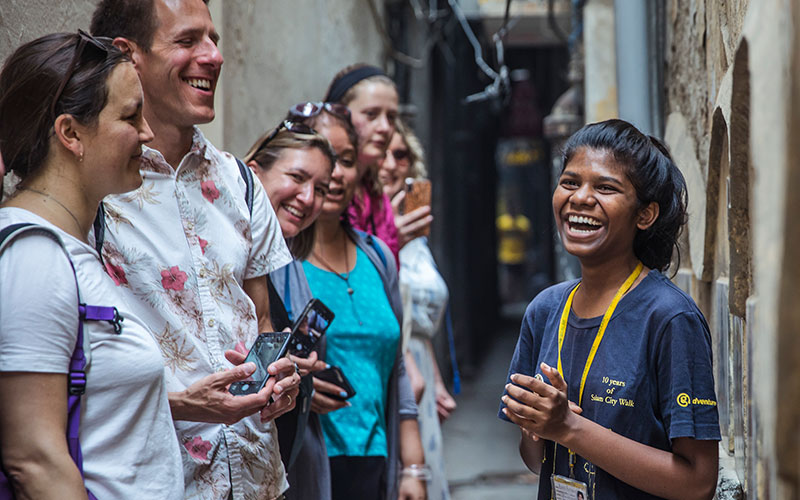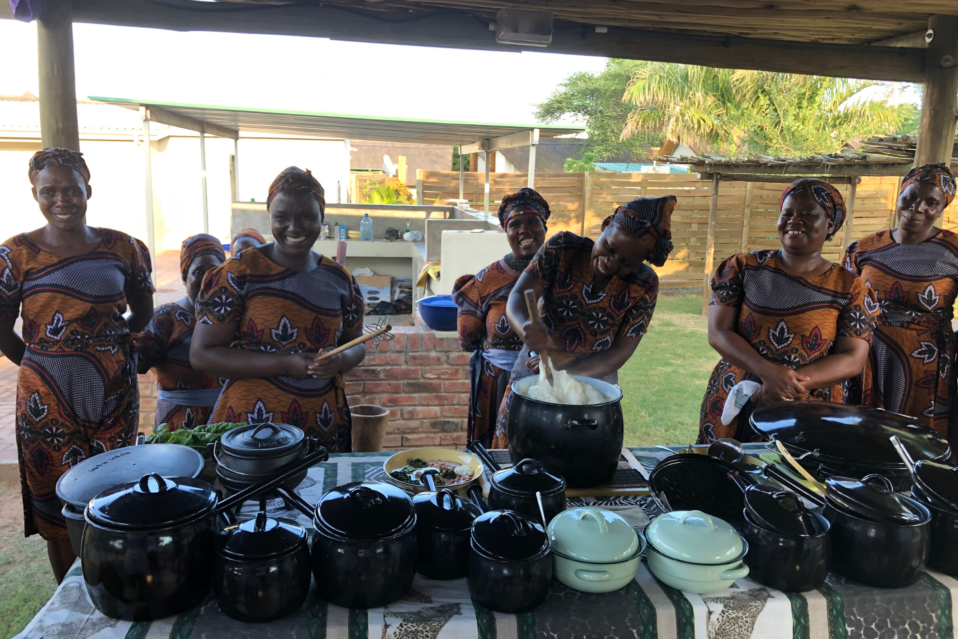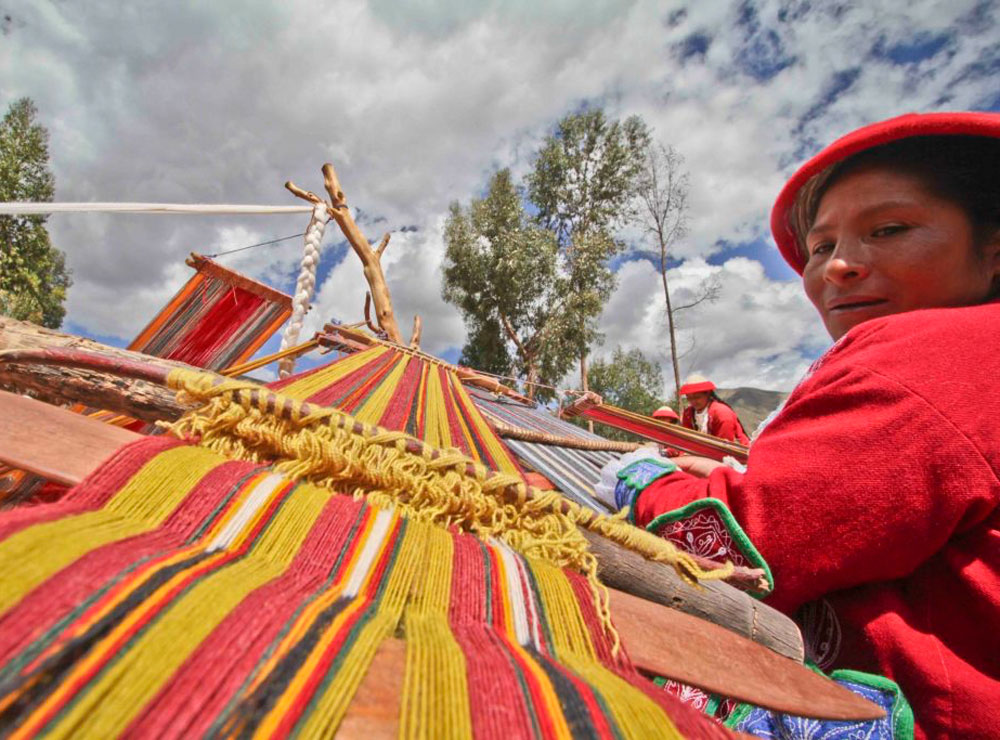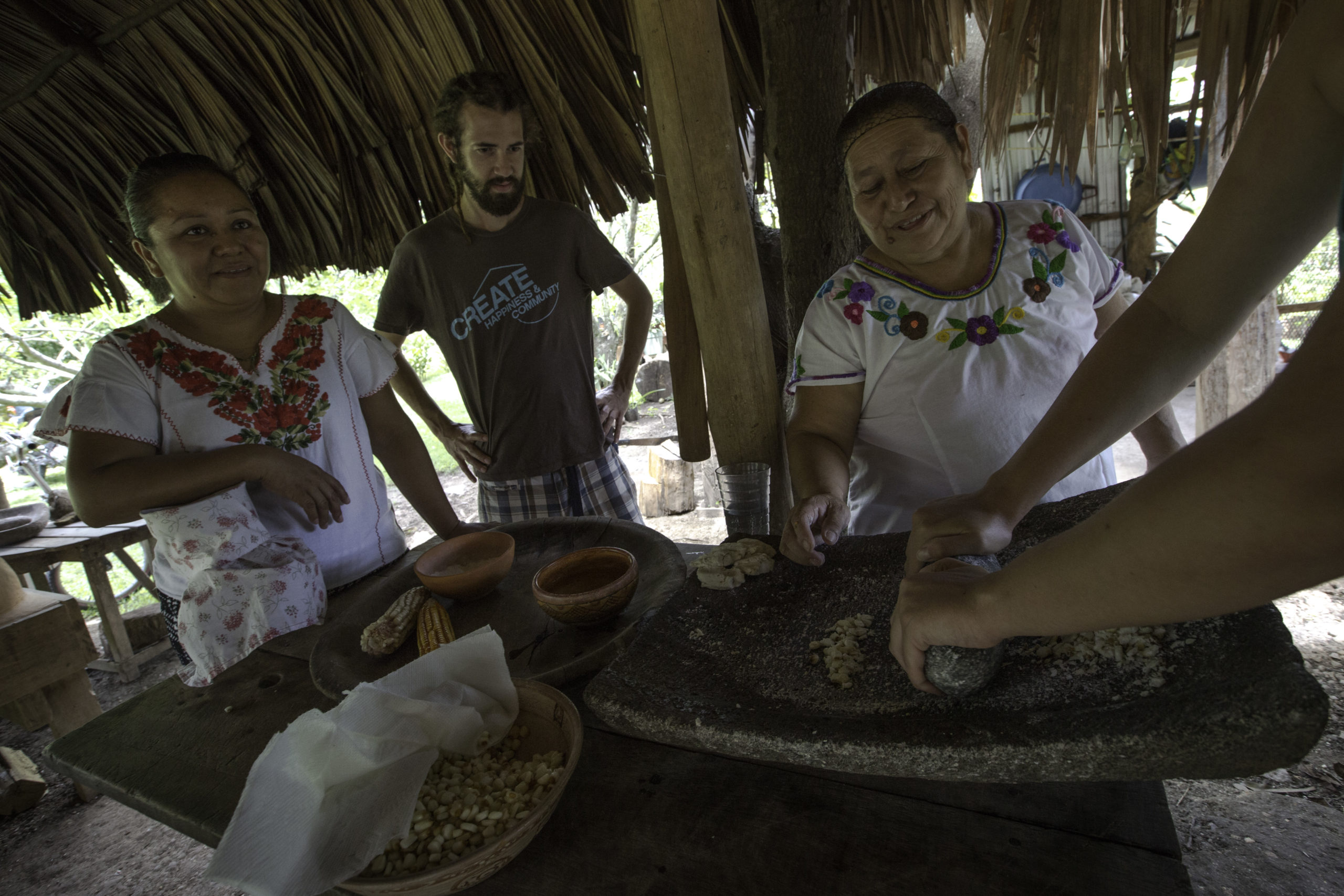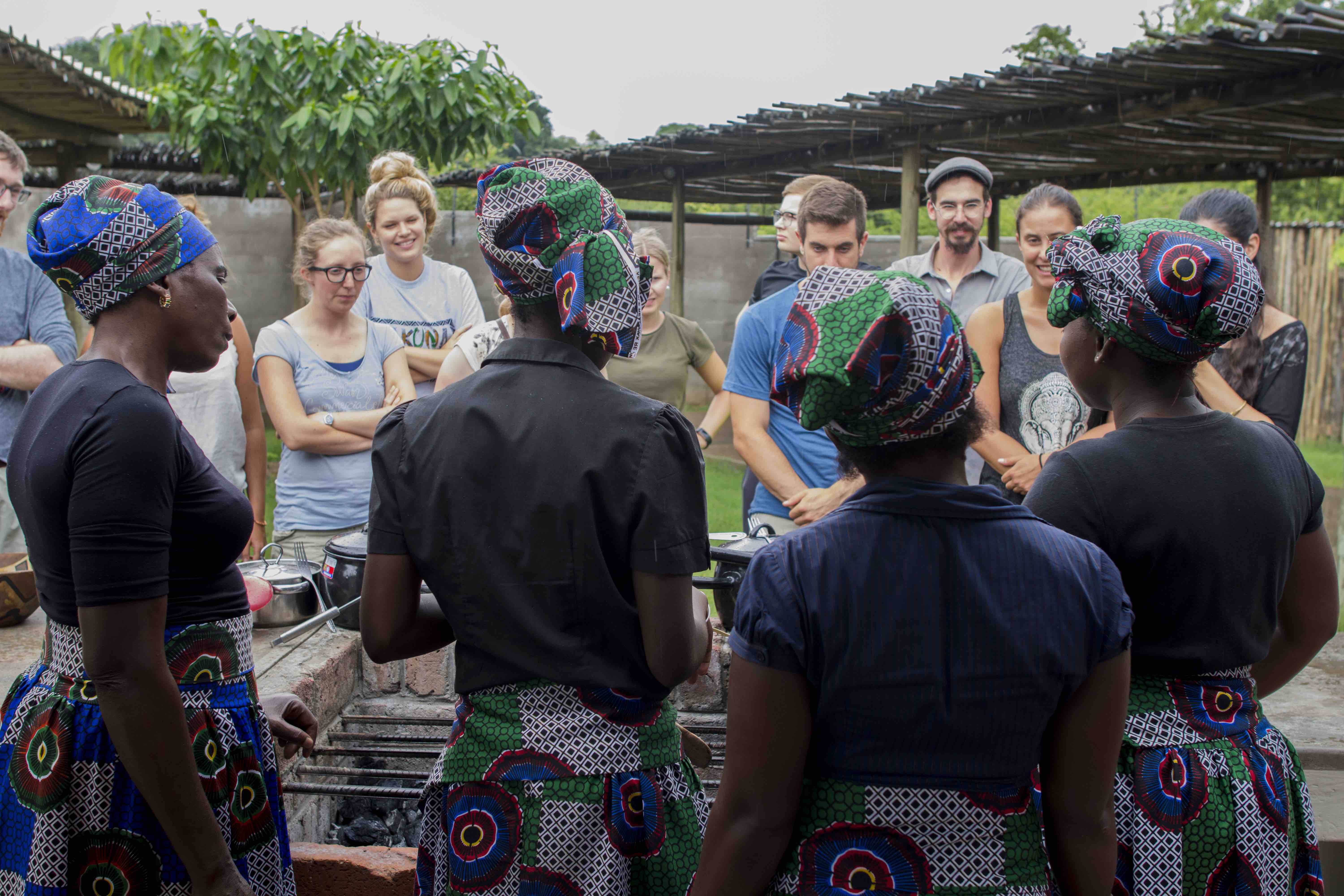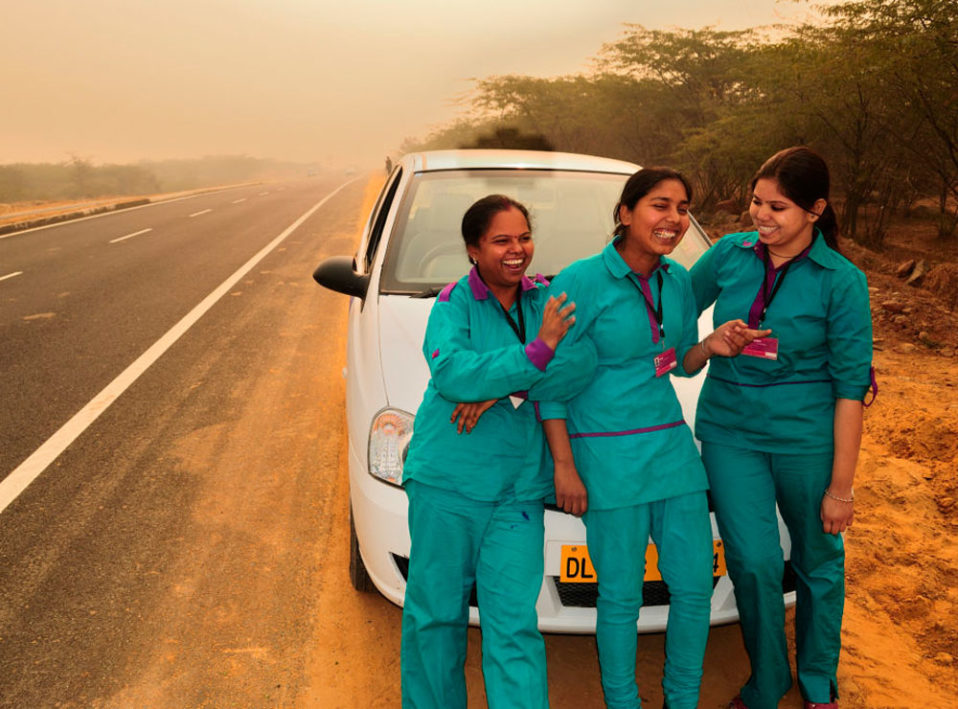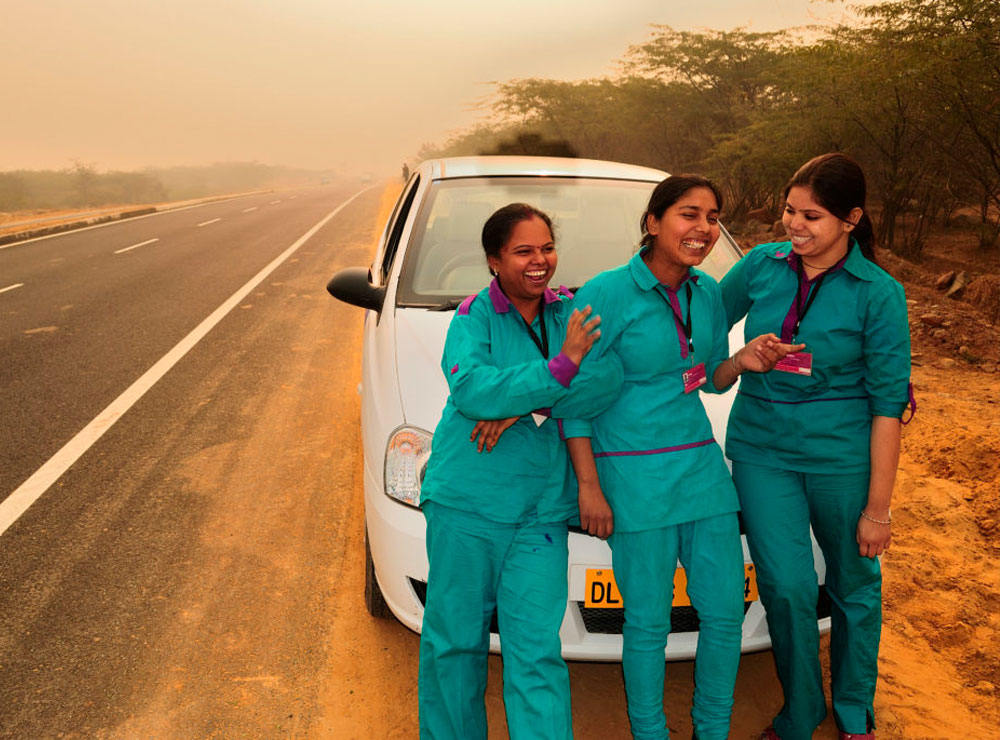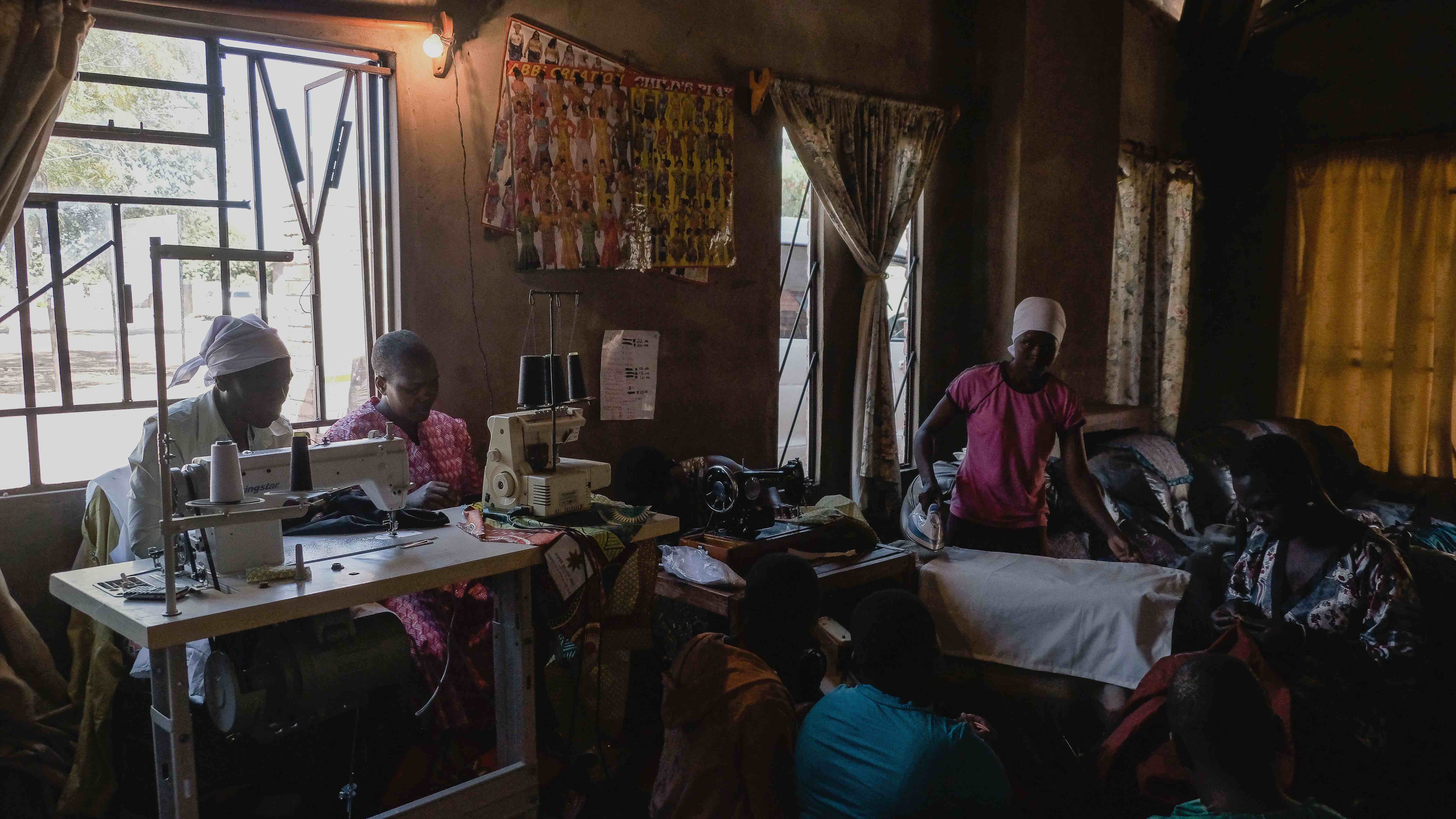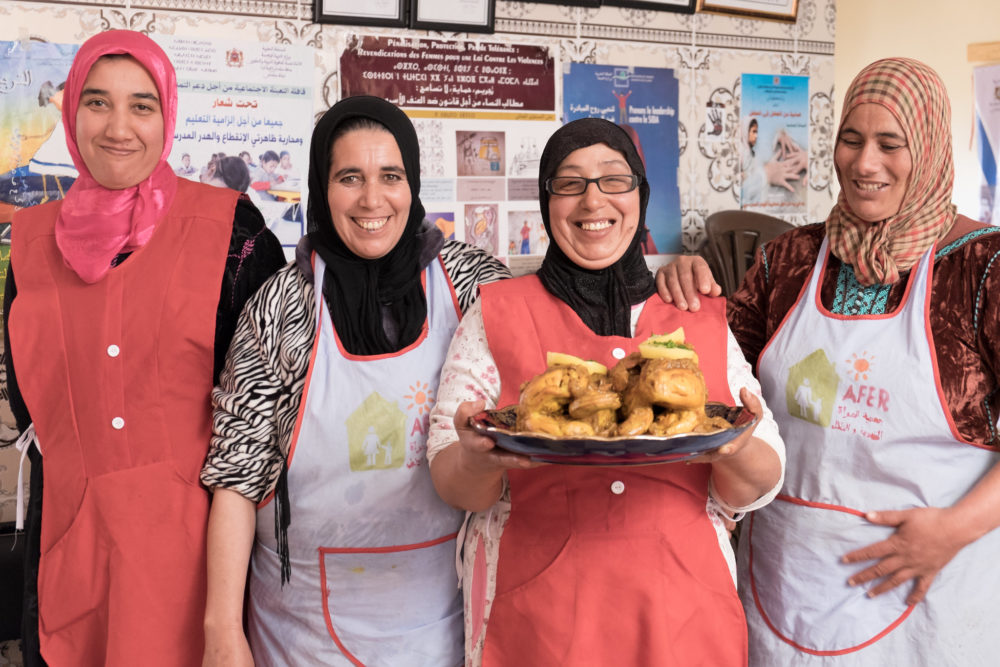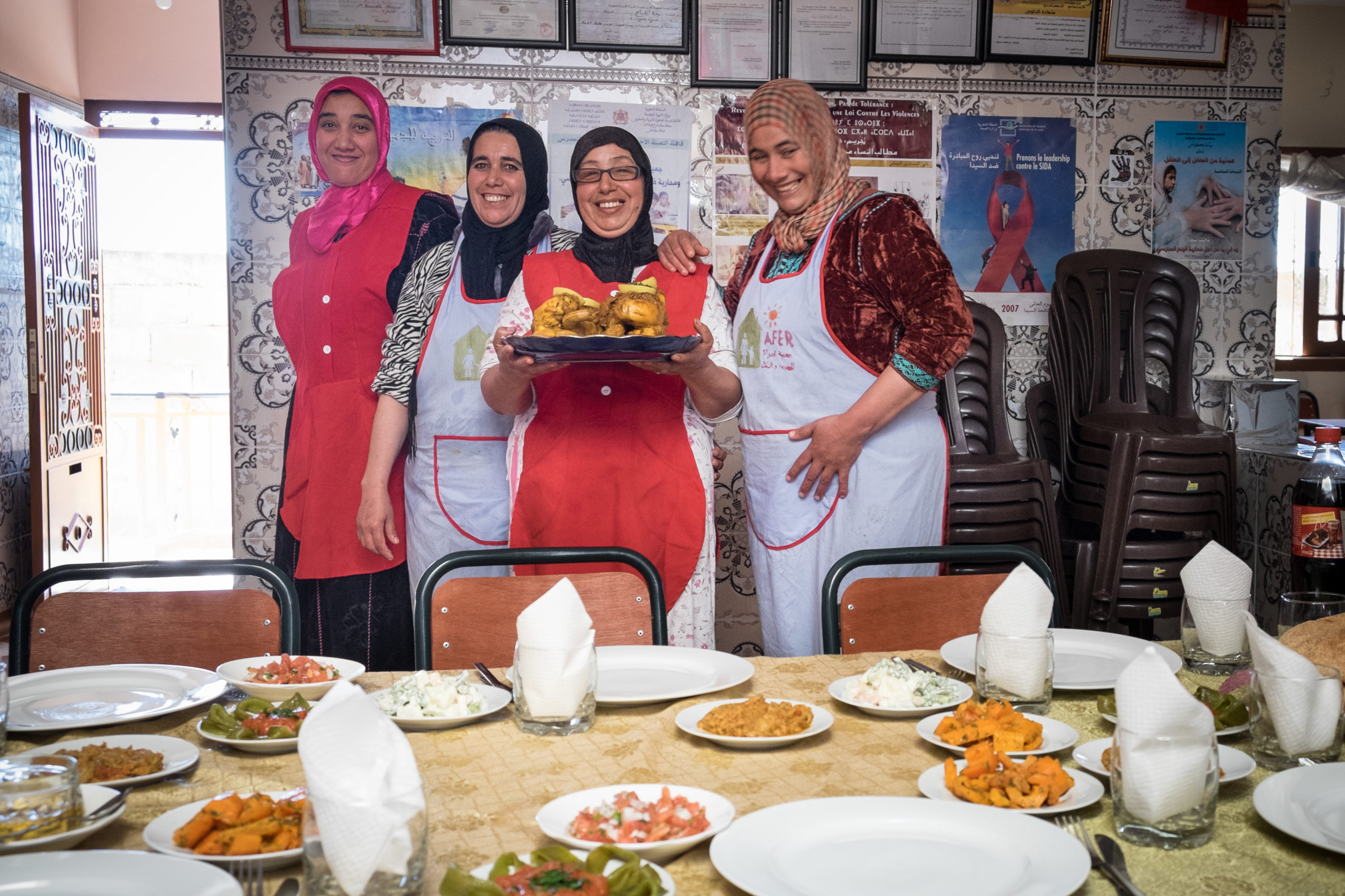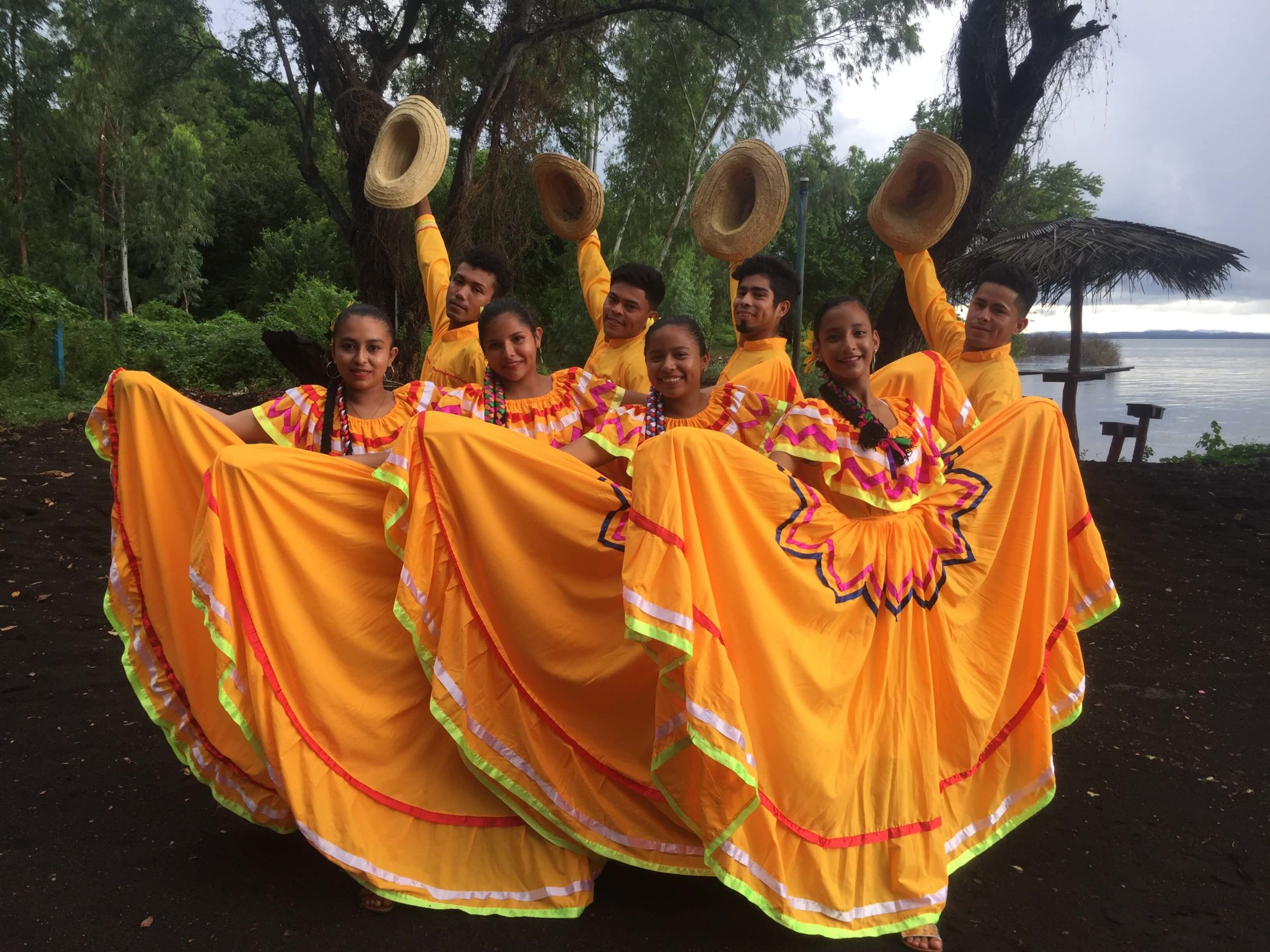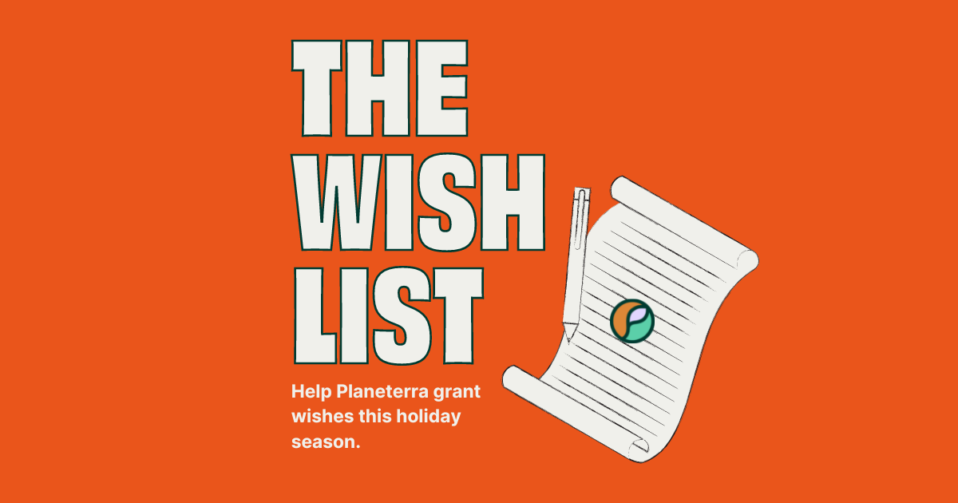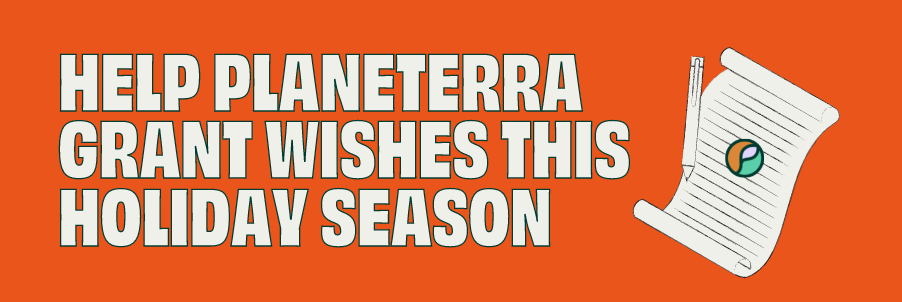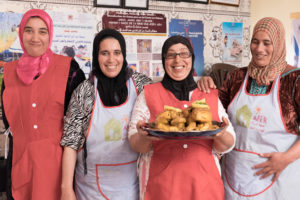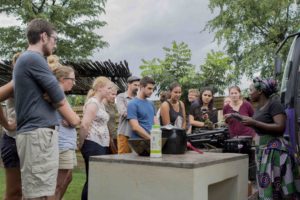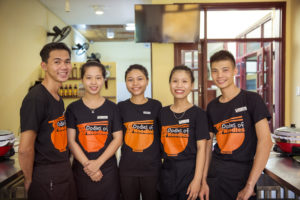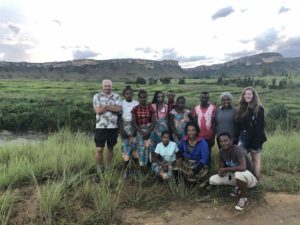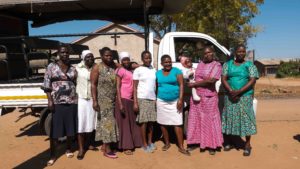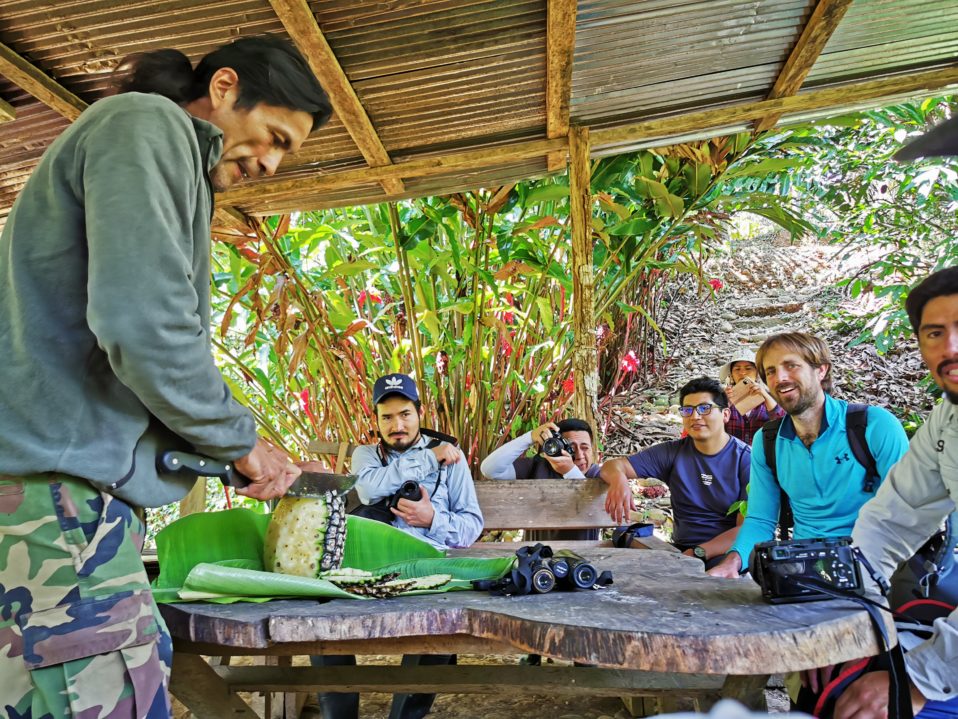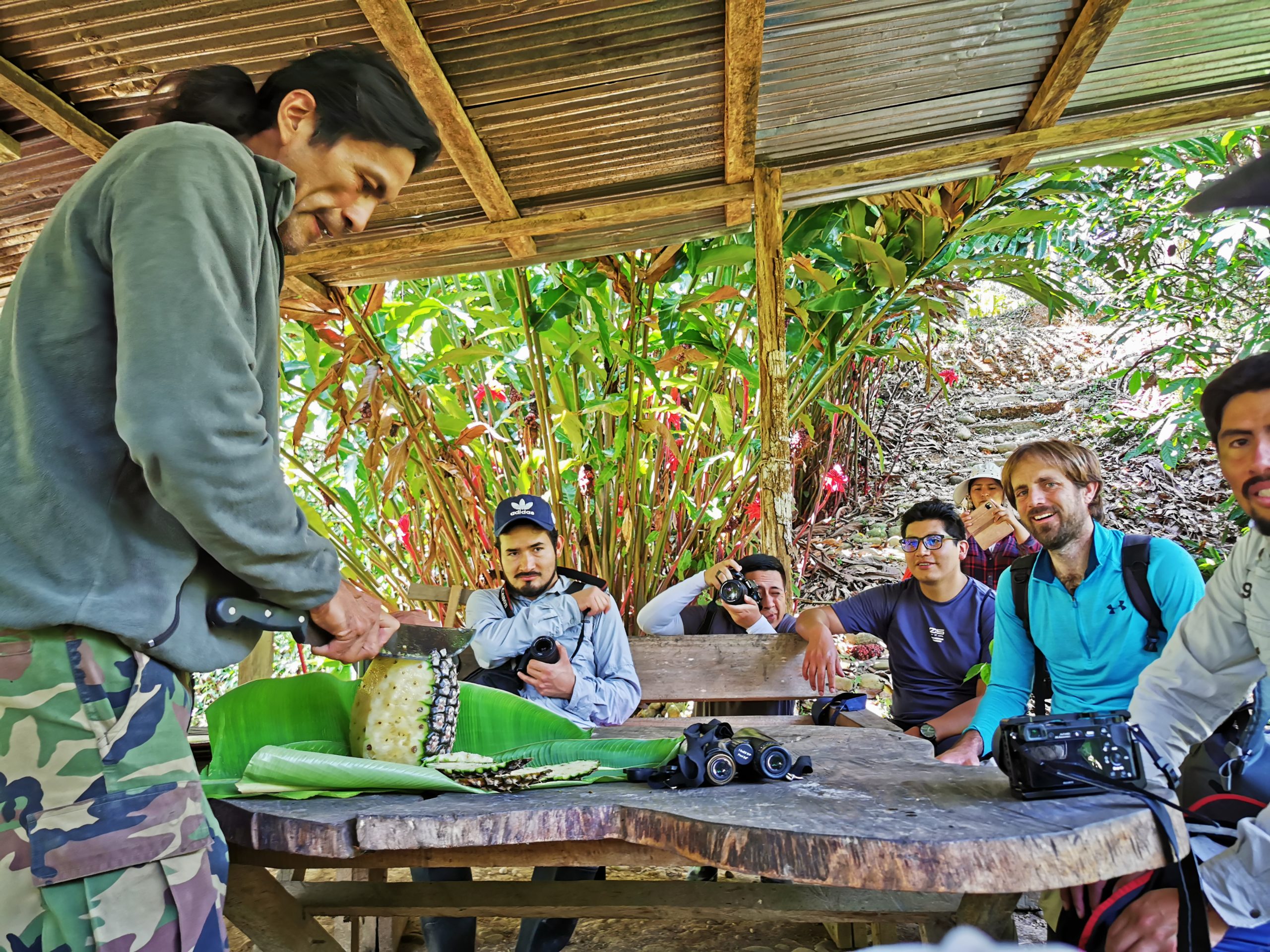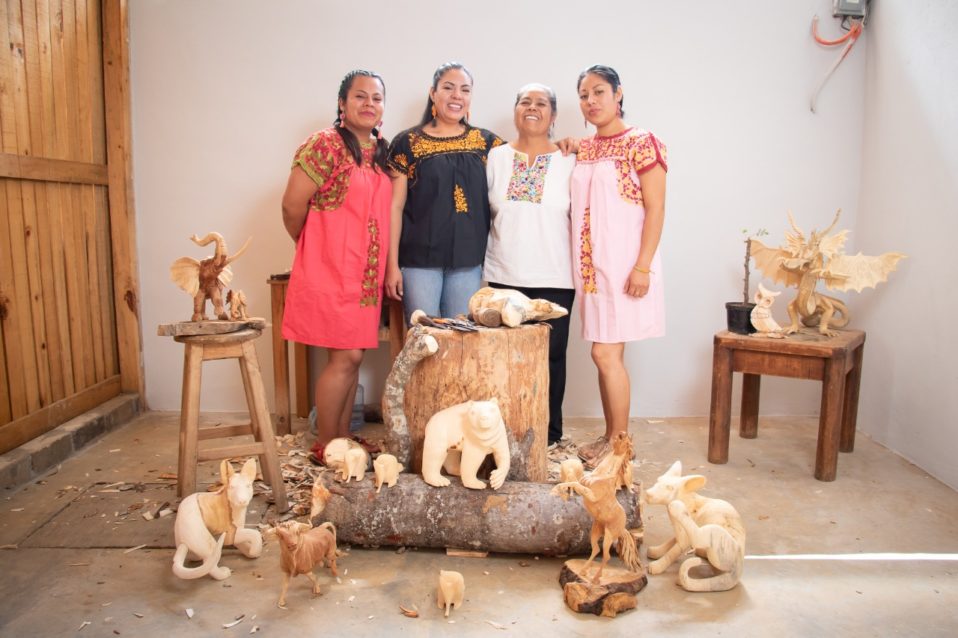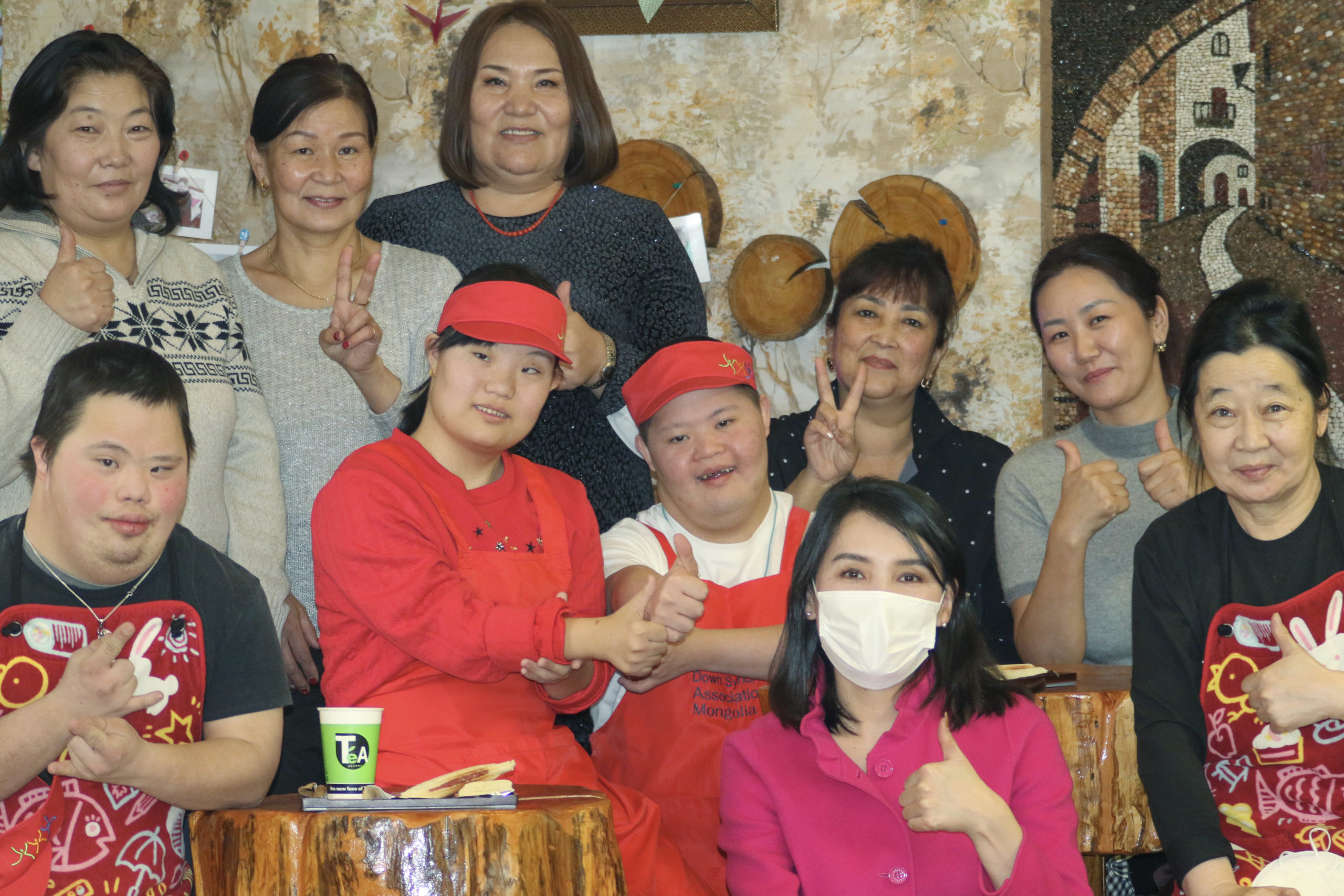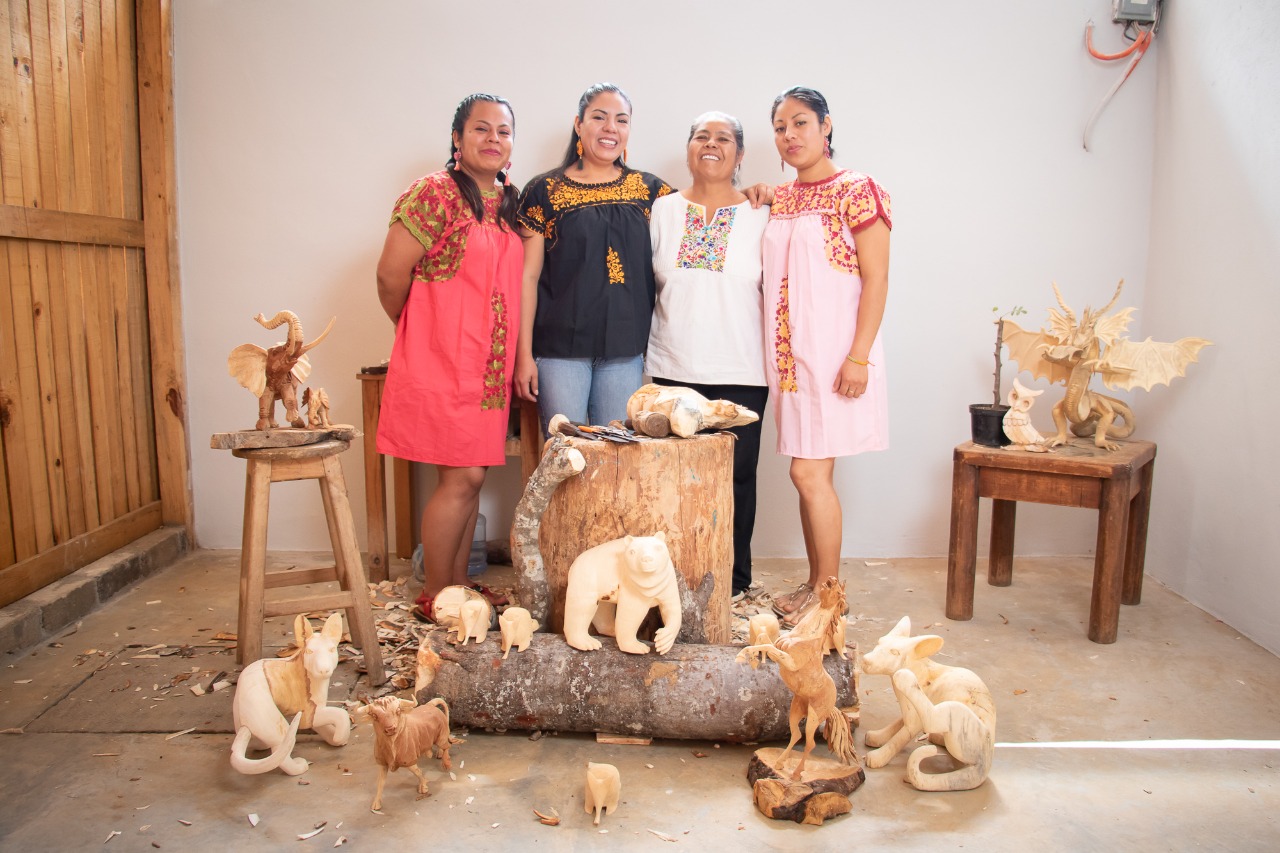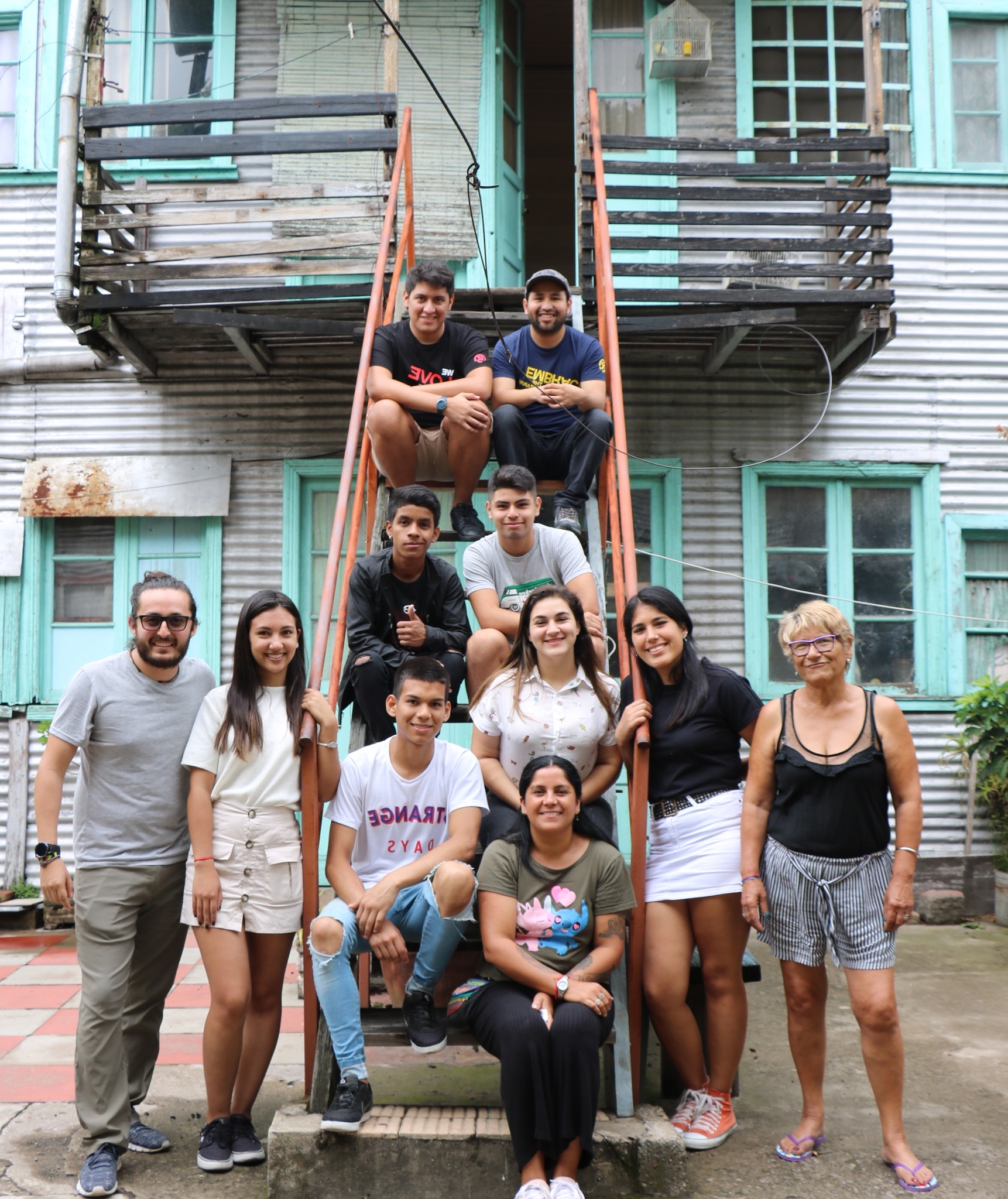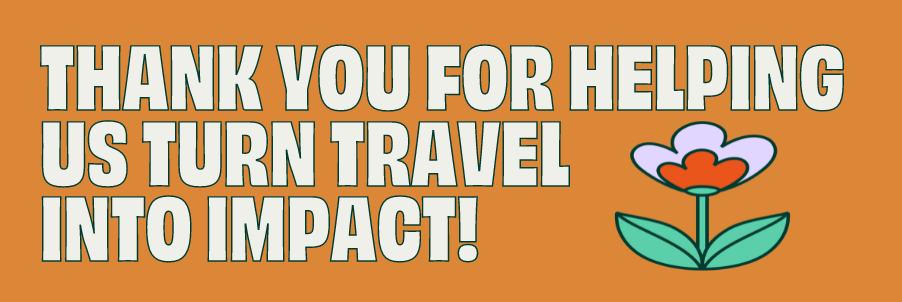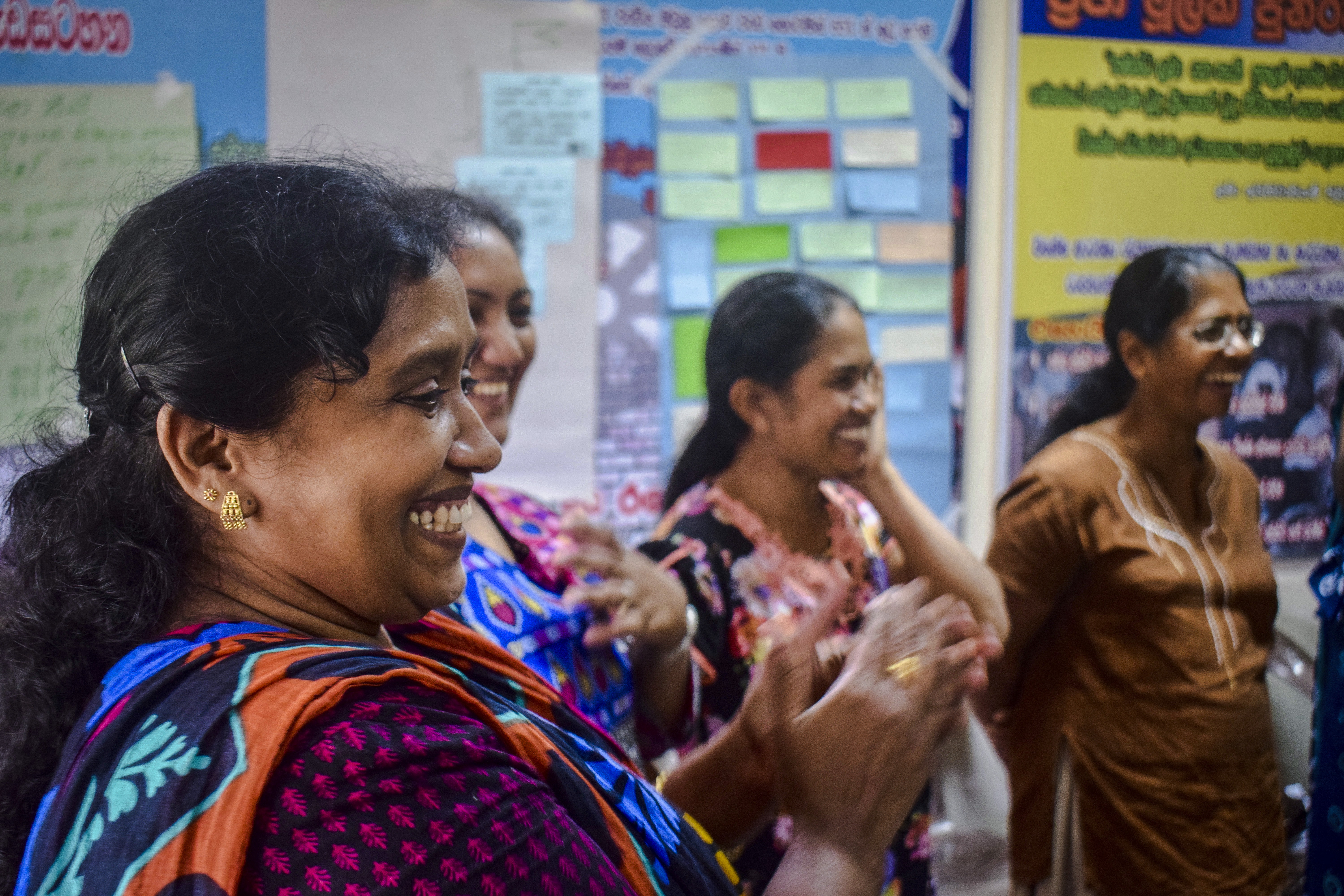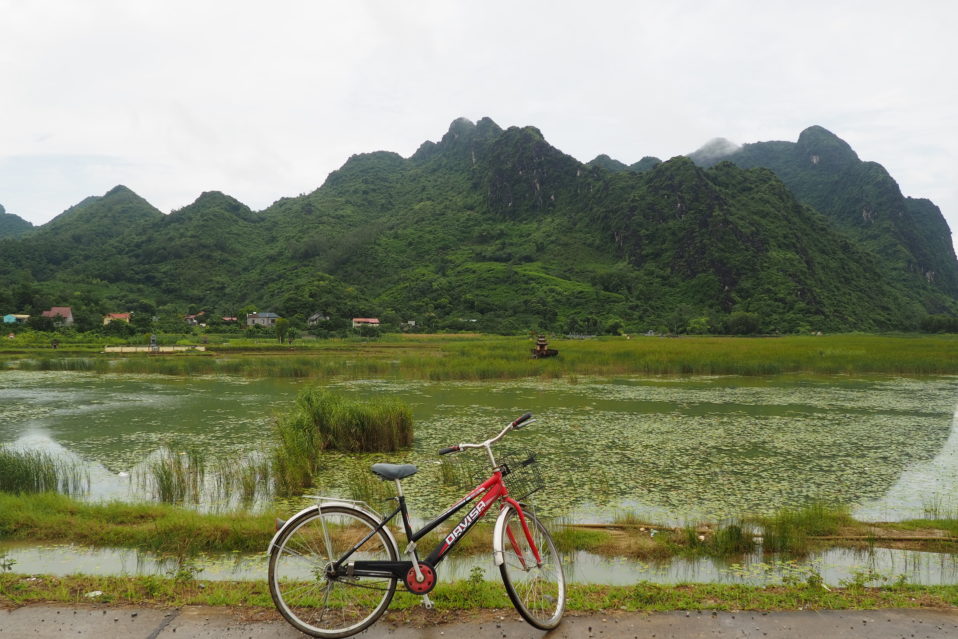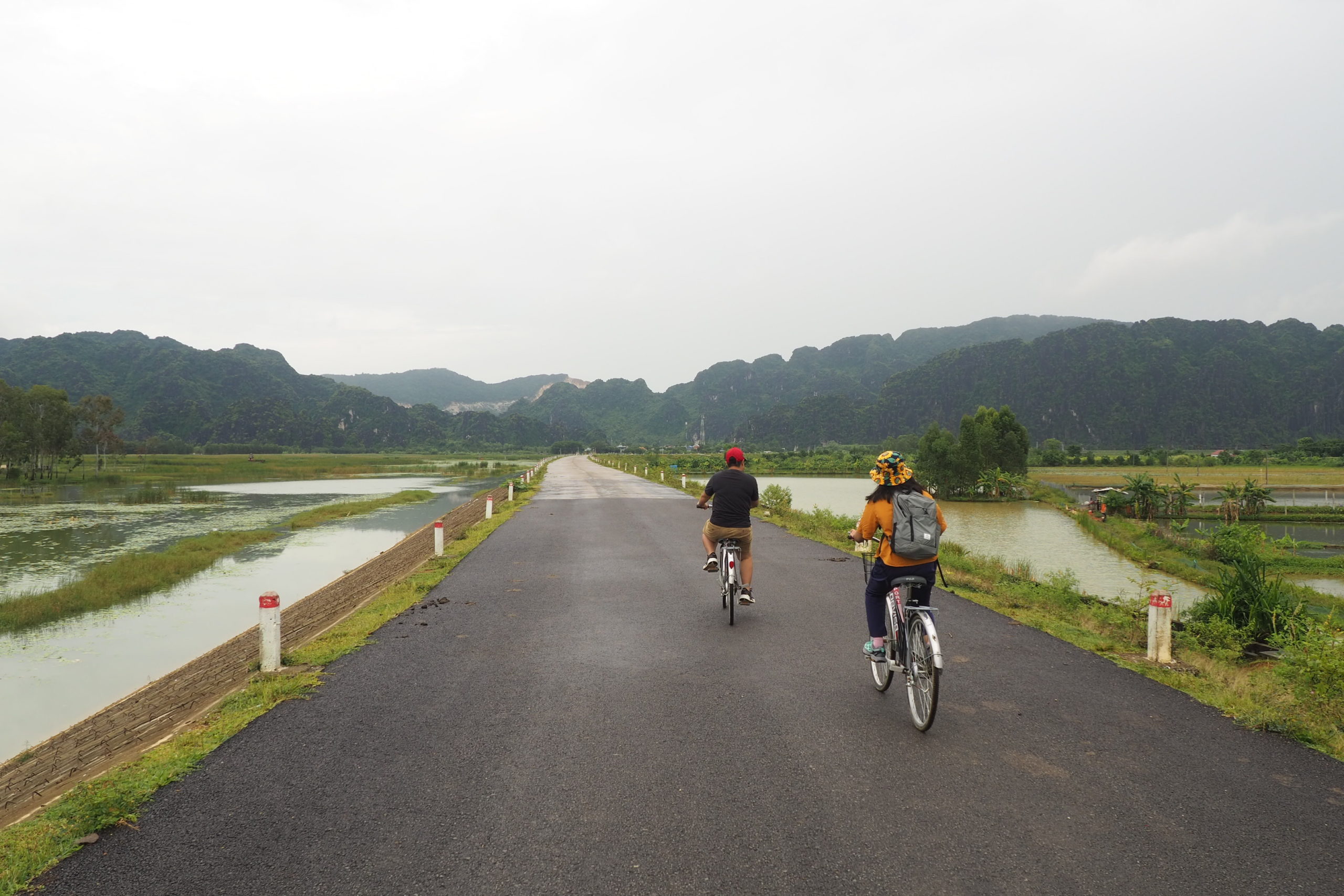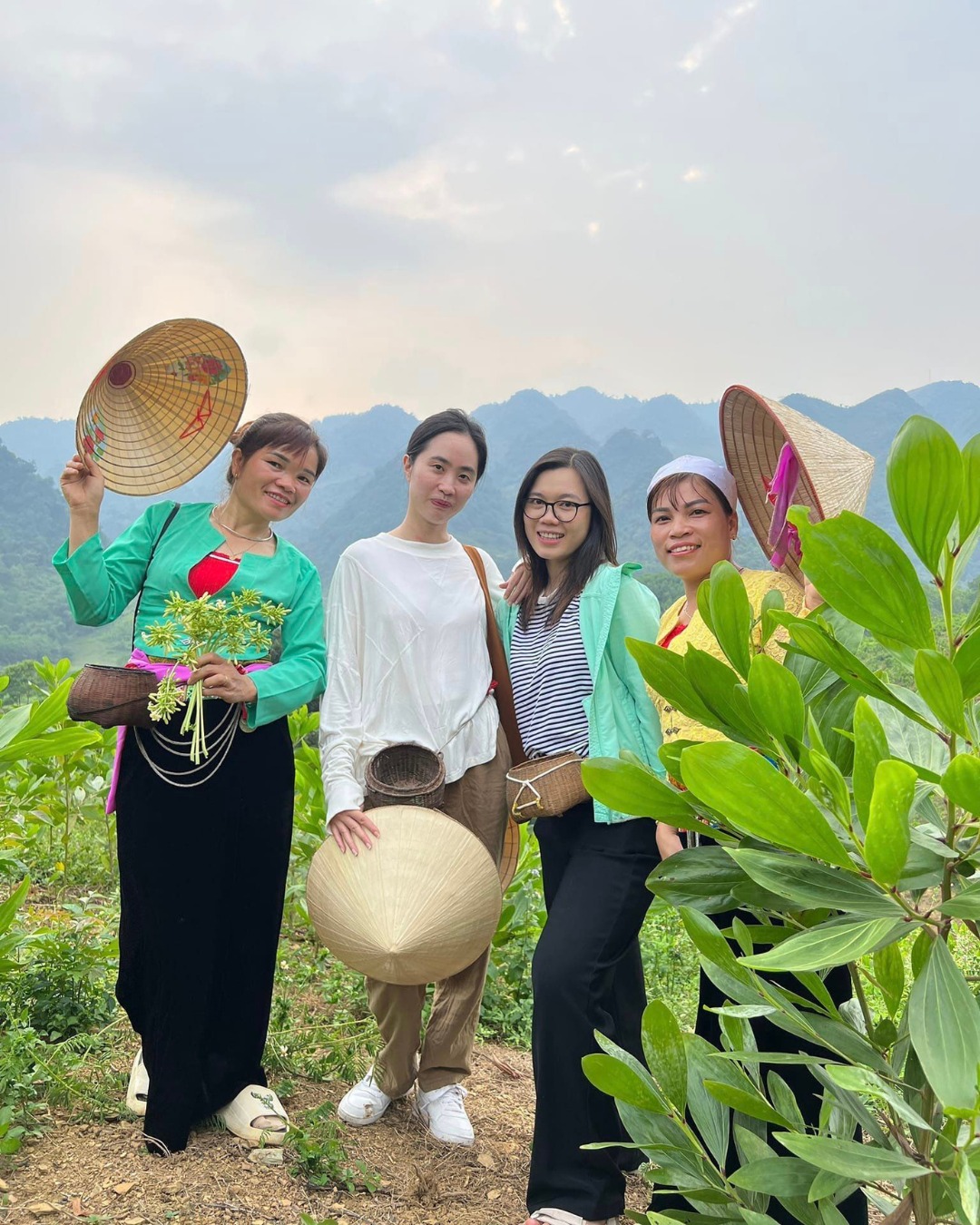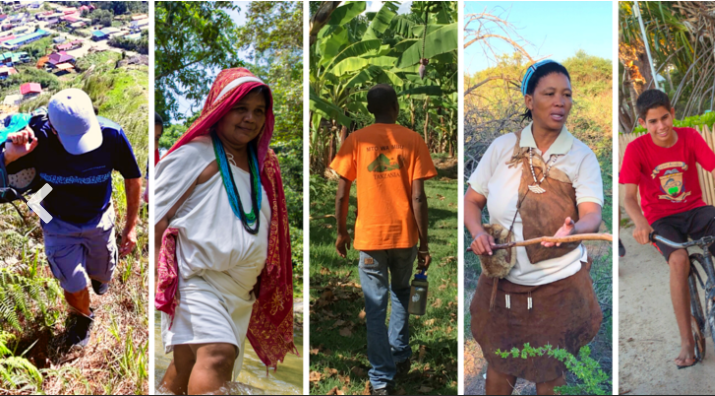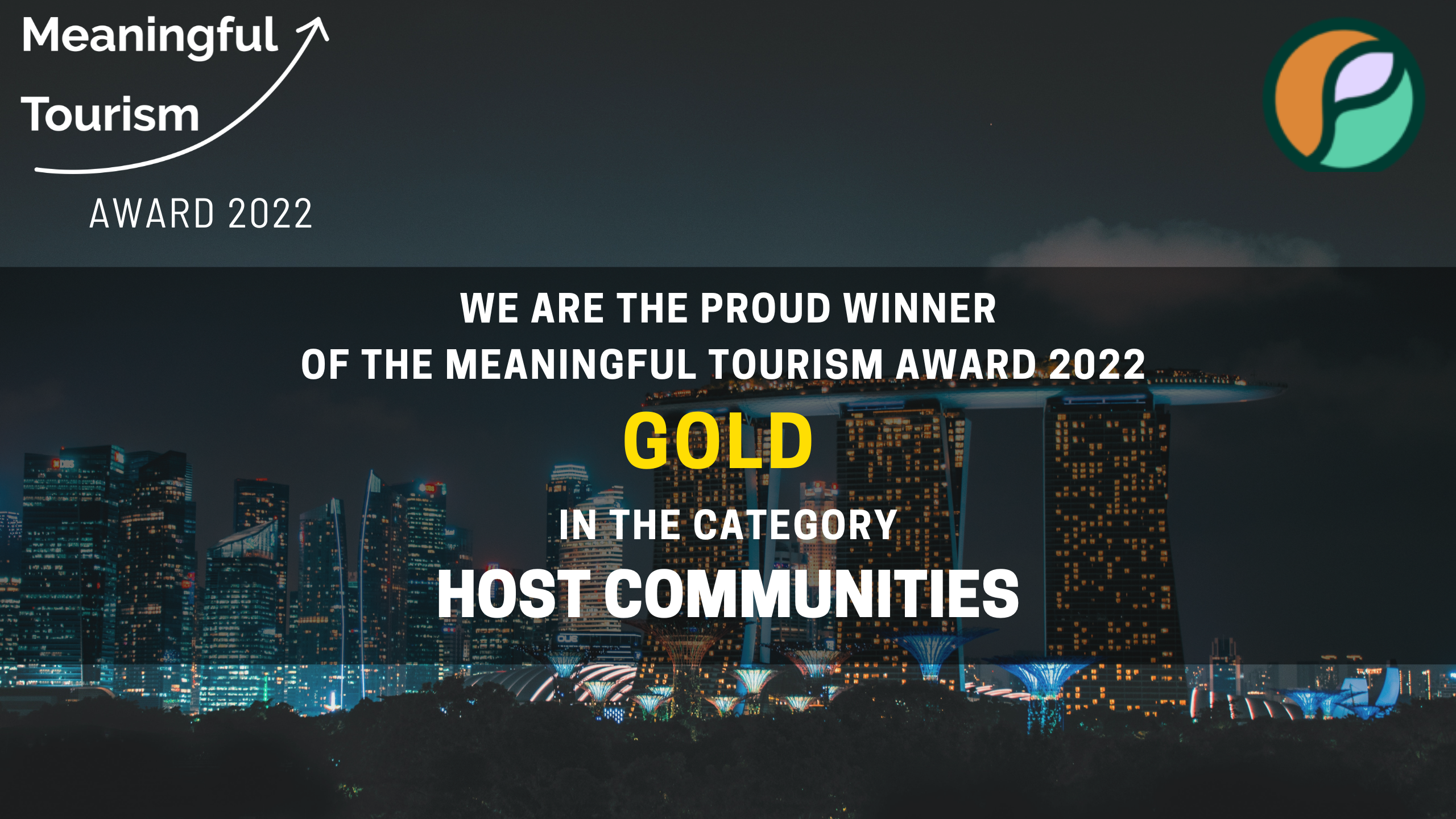
Did you know youth in many parts of the world still have limited access to formal education and fewer job opportunities?
You probably did, but why is that a problem? Young people help build the present and shape our future. Whether this future is sustainable or not, will depend on the decisions made not only by our generation but also by the next. Needless to say, we have to give youth the tools and support they need to create positive life paths and unleash their power.
Developing skills to work in industries such as tourism and hospitality provides them with exciting opportunities and empowerment. Planeterra is proud to support programs that help at-risk youth develop new skills and create a better future for themselves and their communities.
Take Bike with Purpose, a student-led bicycle tour of Caye Caulker Island, Belize, for instance. We developed this project in partnership with the Ocean Academy, the first and only community high school on the island that opened in 2008 to give students a decent education. Before the academy opened, the youth had to travel to the mainland to study, so by the age of 12 many have chosen to quit school and find work.
Today there are 125 students enrolled in Ocean Academy and 25 of them are directly involved in the Bike with Purpose project. As the local economy of the island has shifted to aquatic sports, tourism and hospitality services the youth involved in the project develop the skills and training needed for future employment opportunities. Further, the project has reduced the school dropout rate.
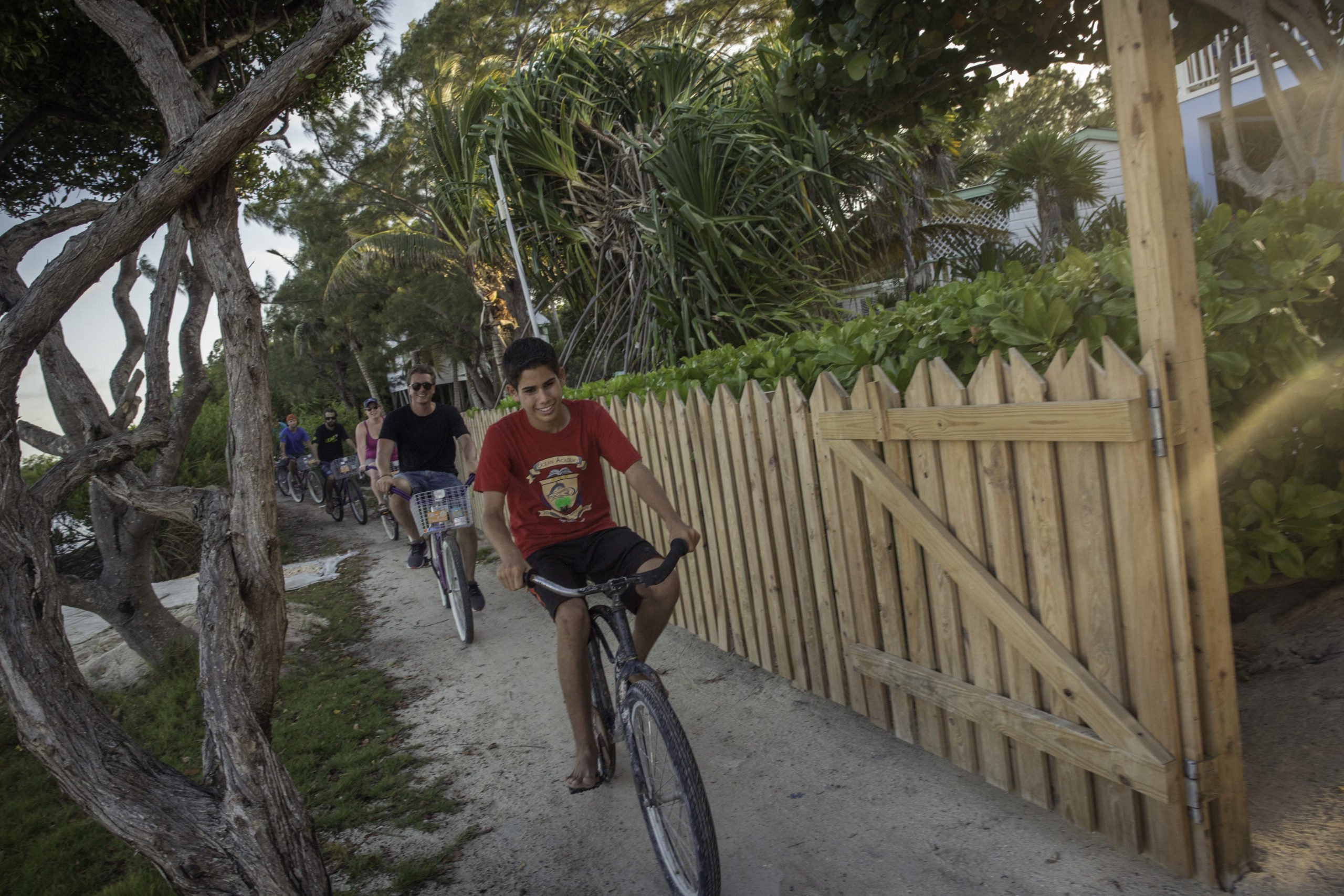
To support Bike with Purpose, Planeterra raised donations to fund needed bicycles and other materials. We also connected them to our tourism partners, creating a constant stream of travellers. Nowadays, Bike with Purpose also funds nearly 15% of the educational programs for the students at Ocean Academy.
Another great example of youth empowerment is City Walk run by Salaam Baalak Trust, an organization that provides safe housing, counselling, education, and support to over 5,000 children in New Delhi, as well as managing five safe homes across the city.
India has the highest concentration of street children in the world, with more than 18 million kids living on the streets. Without adequate shelter and care, children often suffer from malnourishment and do not have access to formal education and medical treatment. Likewise, without support from family, they are left to fend for themselves, entering the labour market at an early age. Many are vulnerable and forced into child prostitution, drug trafficking, or resort to begging to earn an income for their exploiters.
That is why Salaam Baalak Trust’s work is so important. Through City Walk, they give youth the opportunity to gain a new set of skills, improve their communication skills (including learning English) and boost their self-confidence.
Youth lead tours and show travellers a different perspective of Delhi. At the same time, the interaction with visitors from across the globe exposes them to different points of view. Since its inception, over 33 guides have been part of this program. Eighteen former guides have completed their higher studies from universities in India and the US with scholarships; and today are entrepreneurs, working in travel companies, interning at the Indian Parliament and Indian railways, and studying to be development sector professionals.
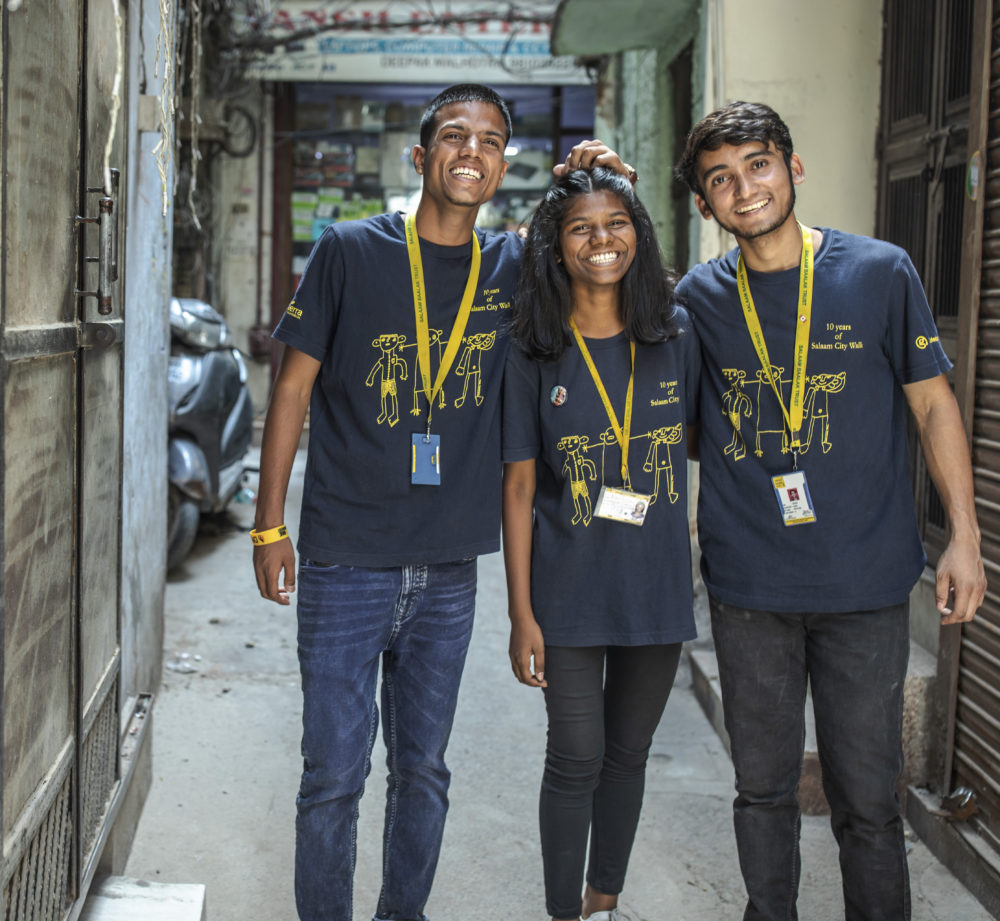
Planeterra helps the City Walk program by connecting them to the tourism market, allowing them to have a reliable stream of income to support their education and social service work. This is crucial since funds from the City Walk program are used to provide scholarships and job placements for youth, as well as resources for the shelters.
Our wish is to continue supporting programs like City Walk and Bike with a Purpose. We can’t do it without you! Donate today and help us build a sustainable future for youth through community tourism.


